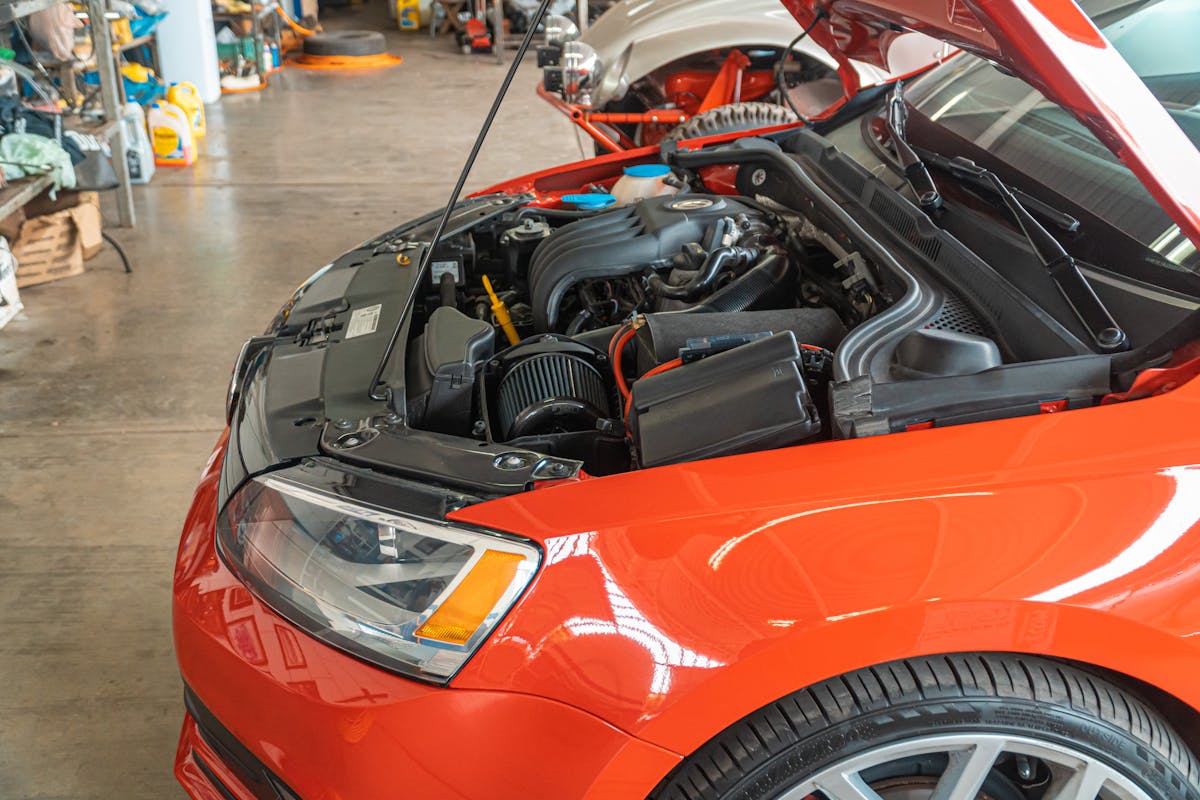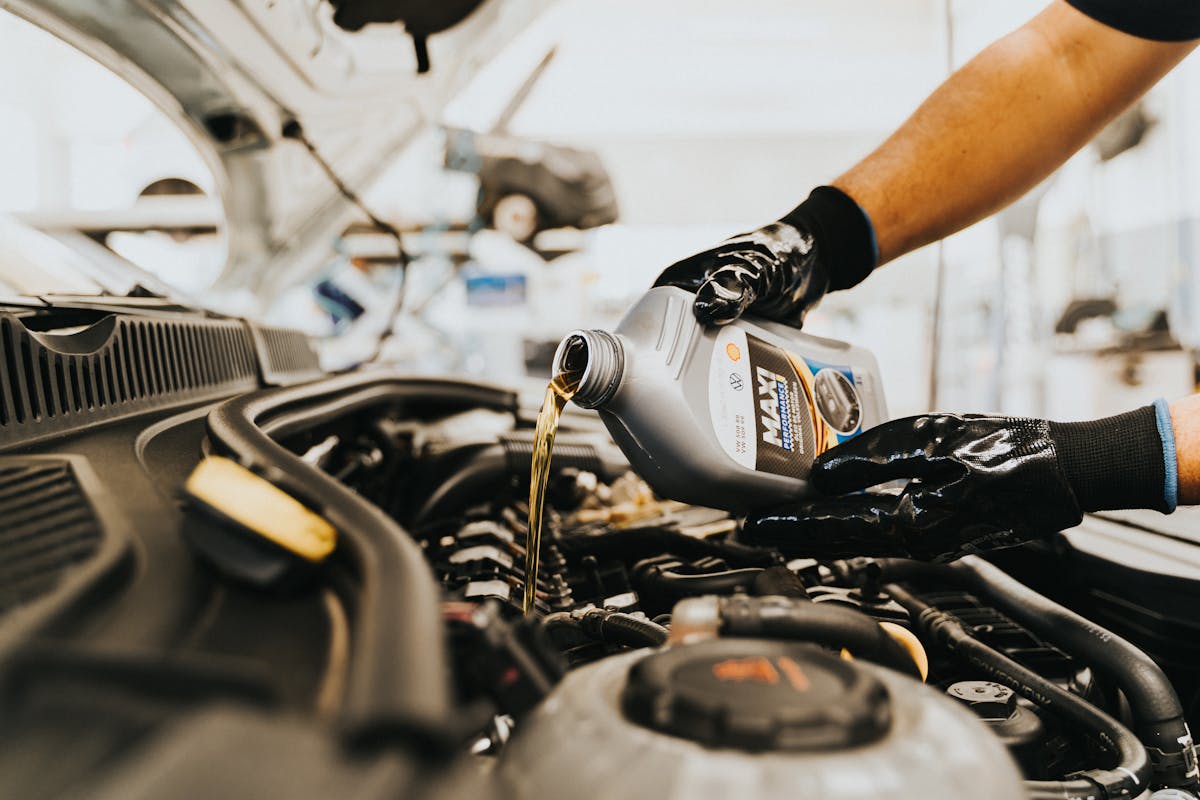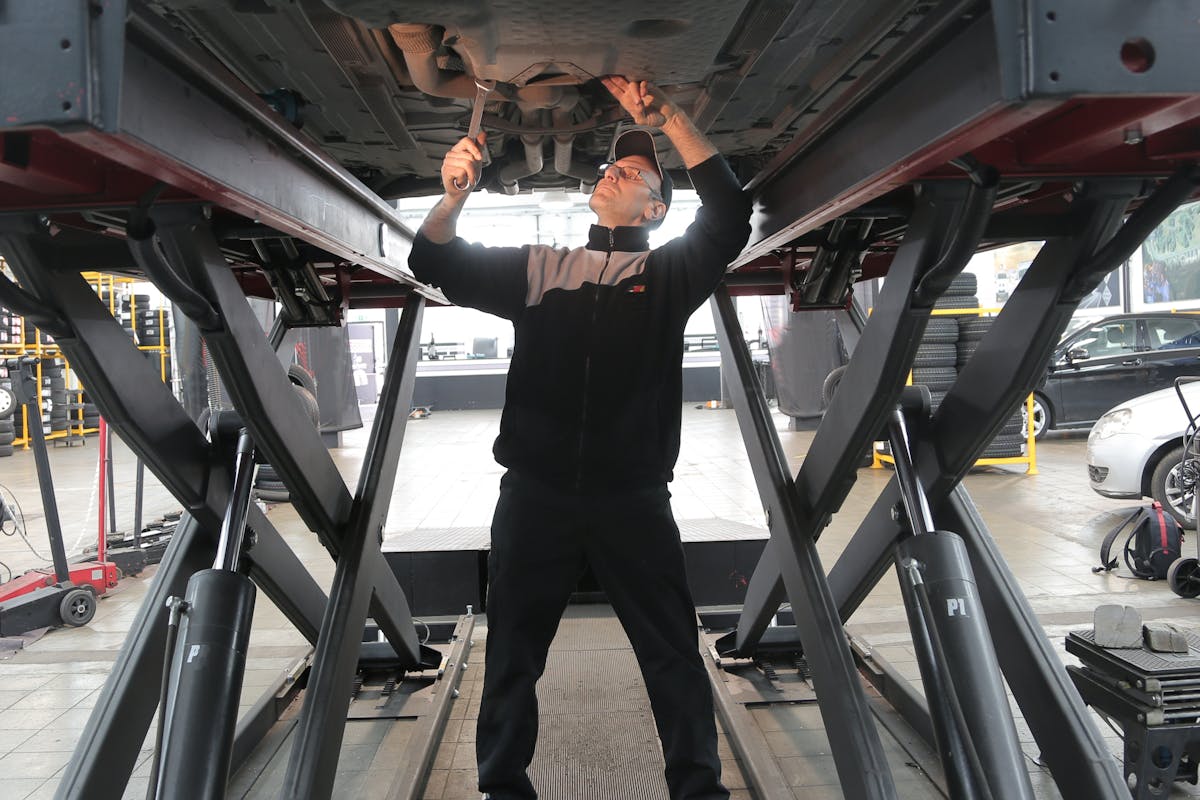
Essential Car Maintenance Tips for New Drivers

- Routine car maintenance, including checking oil levels, brakes, and tire pressure, ensures vehicle reliability, safety, and efficiency.
- Windshield care is critical; small chips can become large cracks, requiring professional help if larger than a quarter.
- Seasonal maintenance is essential for car longevity; winter prep focuses on batteries, tires, antifreeze, and summer cooling systems.
- Regular maintenance tasks are straightforward but crucial for extending the vehicle’s lifespan and improving road safety.
- A well-maintained car offers new drivers a rewarding, long-term relationship, highlighting the importance of vigilance in car care.
Becoming a car owner is an exciting milestone, especially for new drivers. However, with this new independence comes the responsibility of regular car maintenance. Car maintenance might seem daunting for many, but it doesn’t have to be. Proper maintenance ensures your car’s longevity, safety, and efficiency. This guide aims to equip new drivers, car enthusiasts, and young adult drivers with essential maintenance tips to maintain their vehicles.
Understanding Your Vehicle
Before diving into the specifics, it’s crucial to understand that every car is different. Taking the time to read your vehicle’s manual is your first step toward maintenance mastery. The manual provides specific guidelines tailored to your car model’s needs, ensuring you’re informed about the essential aspects of car care.
The Basics of Car Maintenance
Regular maintenance checks are the backbone of vehicle health. Routine tasks such as checking your oil, maintaining tire pressure, and ensuring your brakes are in good condition play a significant role in your car’s performance and safety.

Checking and Changing Your Oil
Oil is the lifeblood of your car. It lubricates moving parts to prevent overheating and wear. Here’s a simplified guide to checking and changing your oil:
- Check Oil Levels Monthly: Locate the dipstick, pull it out, wipe it clean, re-insert it, and then pull it out again to check the level. The oil should be between the indicated marks.
- Changing Your Oil: While many opt for professional services, following your vehicle’s manual can be straightforward. Generally, you’ll change the oil every 5,000 to 7,500 miles, but refer to your manual for specifics.
Regular Maintenance Checks
Regular maintenance checks are non-negotiable to ensure your vehicle operates at its best. These checks encompass a wide array of inspections and adjustments that go beyond oil changes. They serve not only to maintain the vehicle’s efficiency but also to prevent future mechanical failures. Engaging in these practices regularly can significantly extend your vehicle’s longevity and reliability, safeguarding your investment. This section will guide you through the most critical regular maintenance tasks every car owner should prioritize.
Tire Maintenance for Safety and Efficiency
Tires are your car’s only contact with the road, making their maintenance paramount. Regular checks should include:
- Tire Pressure: Under or over-inflated tires can affect your car’s handling and fuel efficiency.
- Tread Depth: Worn tread can compromise your car’s grip, especially in adverse weather conditions.
The Importance of Brake Maintenance
Brakes are your first line of defense in avoiding accidents. Pay attention to how your brakes feel and sound. Any change could suggest they need to be checked. Typically, brake pads need replacement every 30,000 to 70,000 miles, but this can vary.
Maintaining Fluid Levels
Your car’s performance depends on a variety of essential fluids:
- Coolant
- Power Steering Fluid
- Brake Fluid
- Transmission Fluid
- Windshield Washer Fluid
Regularly check these fluids to ensure they’re at recommended levels to avoid mechanical issues.
Special Focus: Windshield Care and Repair
A clear and intact windshield is crucial for safe driving. Not only does it provide the driver with an unobstructed view of the road, but it also plays a significant role in the vehicle’s structural integrity. From small chips that can quickly become large cracks to using the right wiper fluid, maintaining your windshield is a key aspect of vehicle care.
In this section, we’ll cover everything you need to know about windshield maintenance, including when to repair or replace your windshield and how to choose the right products for cleaning and de-icing to ensure maximum visibility and safety at all times.
Preventive Measures to Protect Your Windshield
If not addressed, a small chip can quickly become a large crack. Practice good driving habits to avoid debris, and never pour hot water on a frosty windshield, as it can crack.
When to Seek Professional Help
If a chip is smaller than a quarter, it can likely be repaired DIY. However, larger cracks typically require a full replacement. If you’re unsure, consult a professional. You should also consider calling windshield repair services to fix minor damages before they become major issues.

Seasonal Maintenance
As the seasons change, so do your vehicle’s maintenance needs. Transitioning from one season to another can significantly impact your car’s performance and longevity. Seasonal maintenance is essential to ensure your vehicle is ready to handle the varying demands of different weather conditions, from the sweltering summer to the cold winter. This section will provide you with a comprehensive guide on preparing your vehicle for each season, highlighting specific checks and adjustments that should be made to keep your car running smoothly and safely all year round.
Preparing Your Car for Winter
Cold weather demands special attention to your battery, tires, and antifreeze levels to ensure your car operates efficiently in winter.
Summertime Car Care
Heat can affect your vehicle’s performance. To stay cool and avoid overheating, keep an eye on your cooling system and air conditioning.
Conclusion
Regular car maintenance might initially seem complex, but it’s a series of straightforward tasks that ensure your car remains reliable, safe, and efficient. By staying vigilant with your maintenance schedule, you not only extend the lifespan of your vehicle but also contribute to road safety. Remember, a well-maintained car is a happy car, and as a new driver, this is your first step towards a rewarding and long-term relationship with your vehicle.